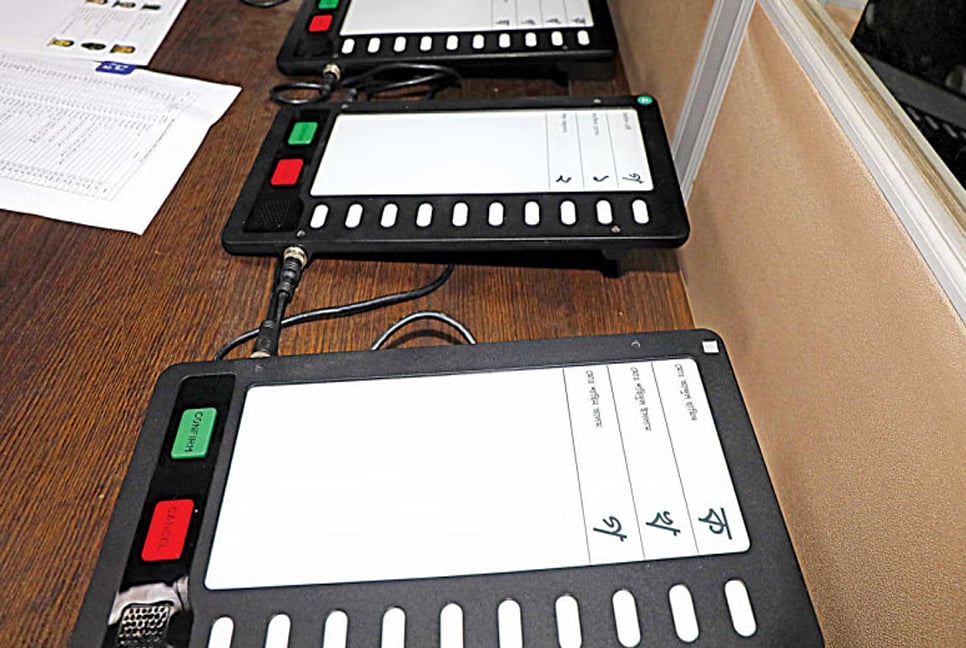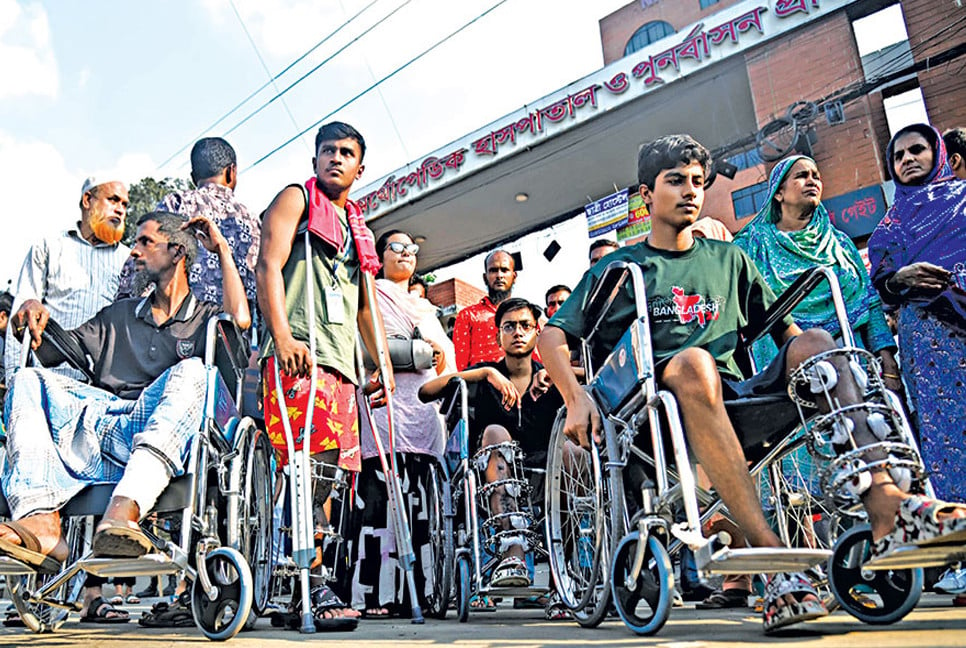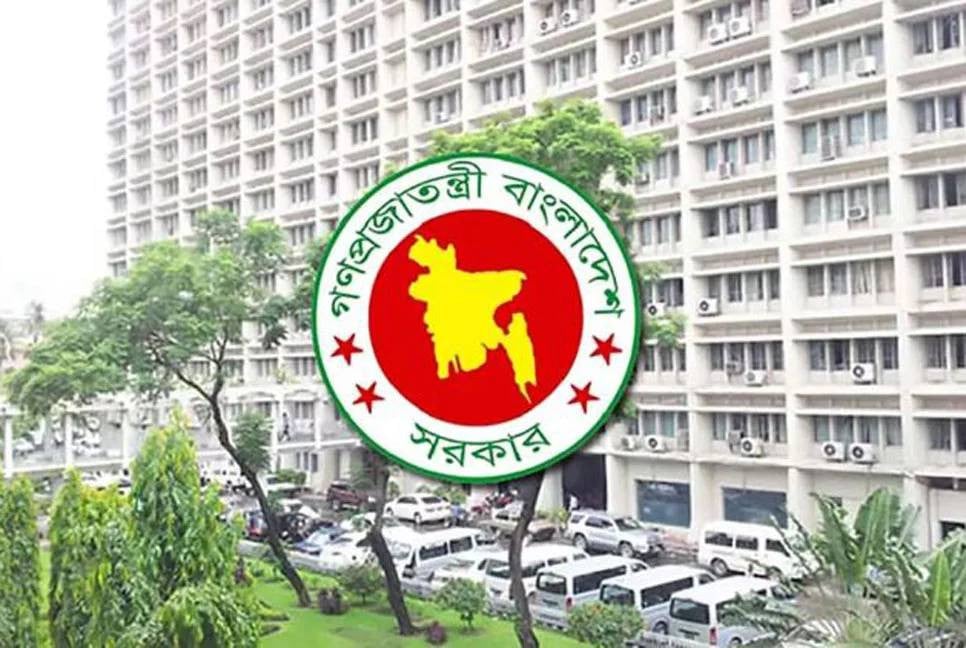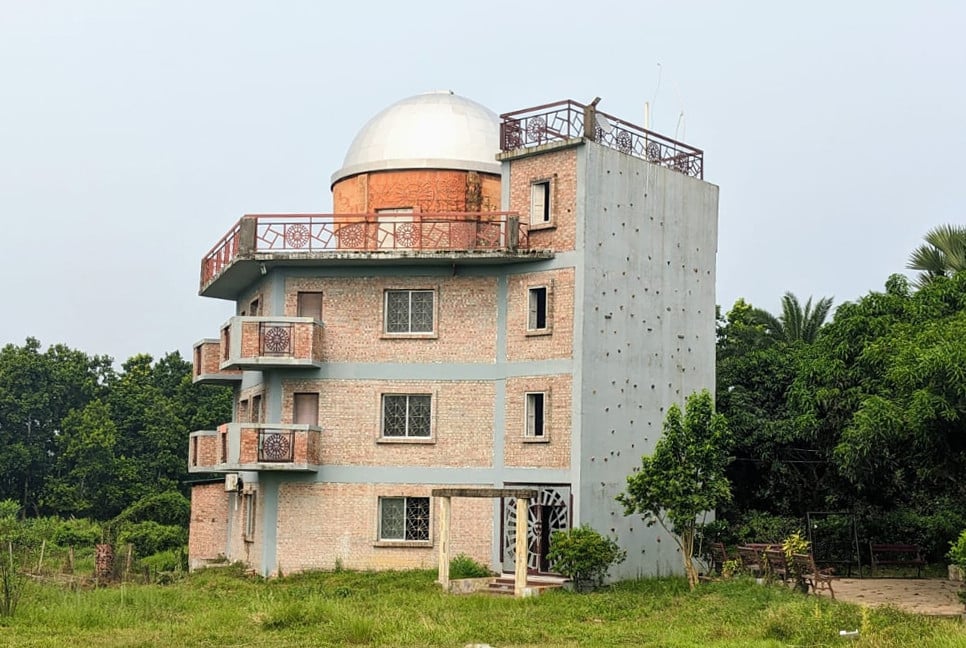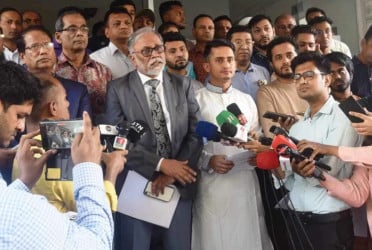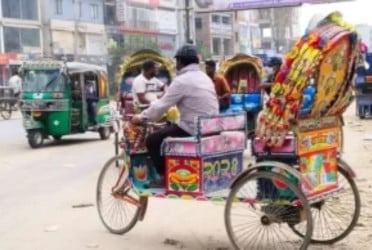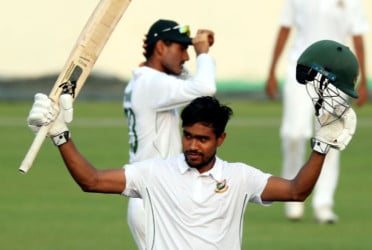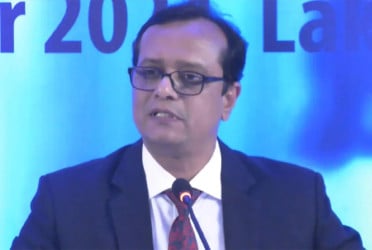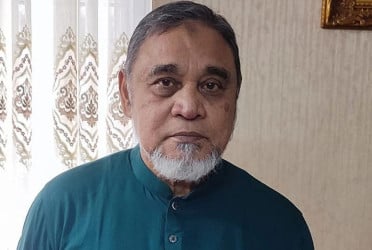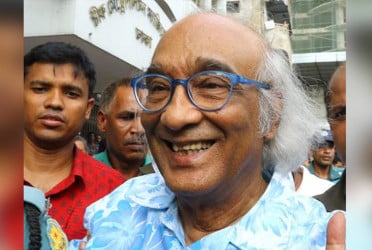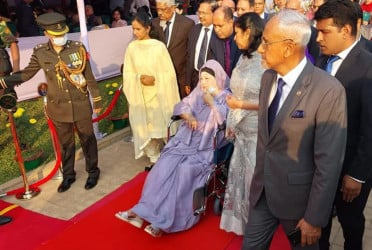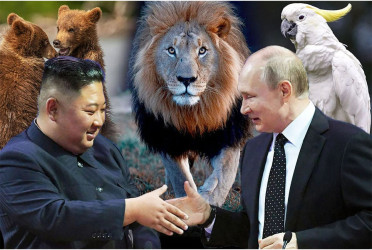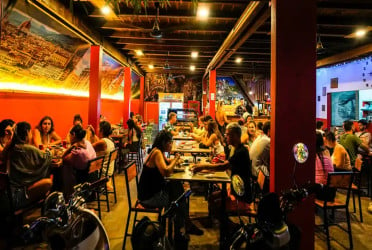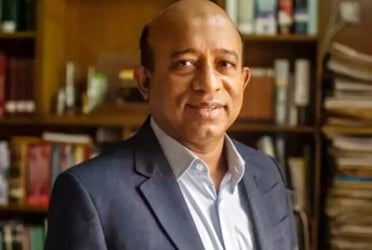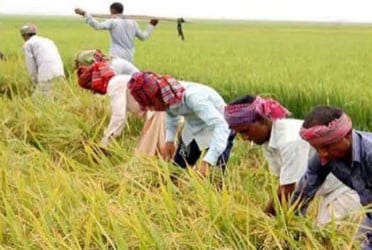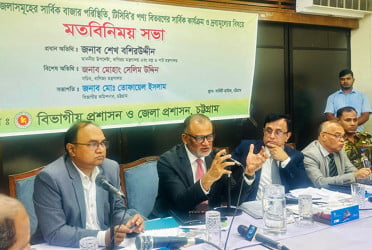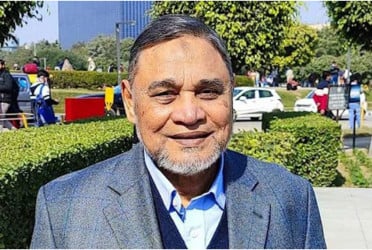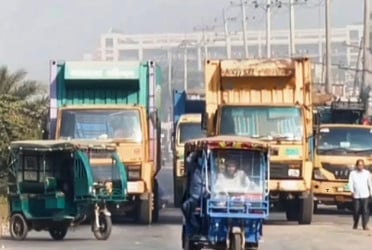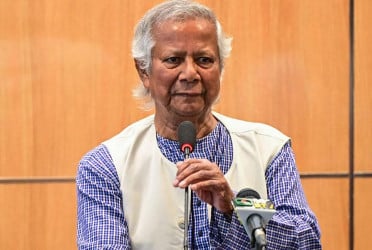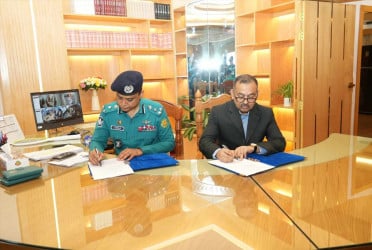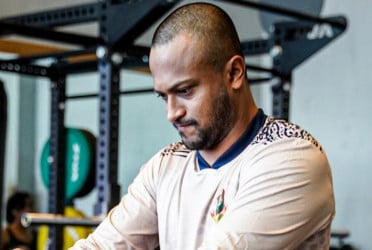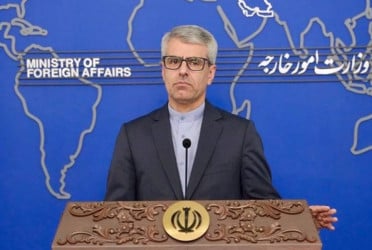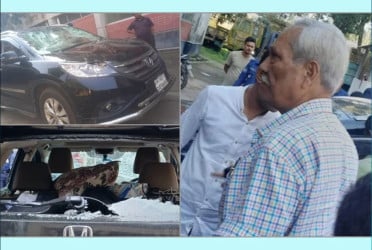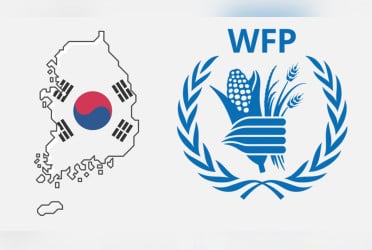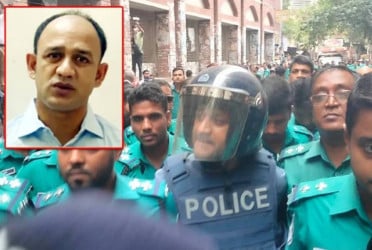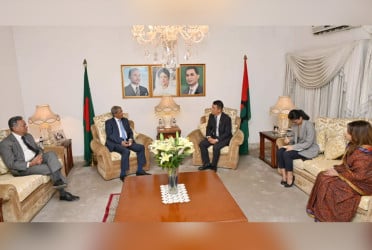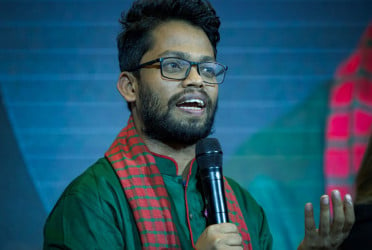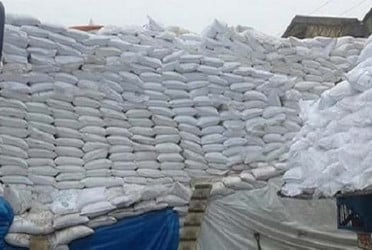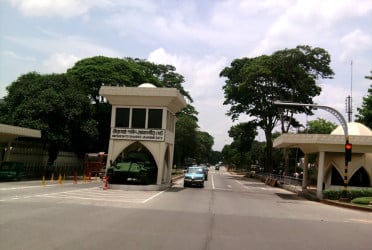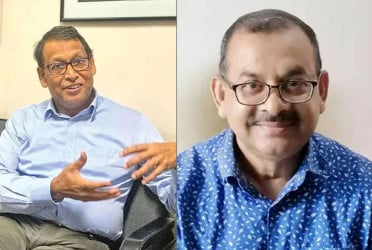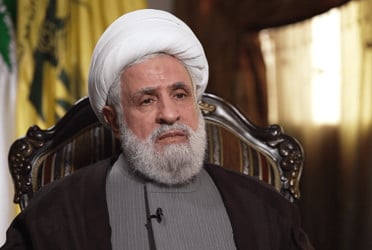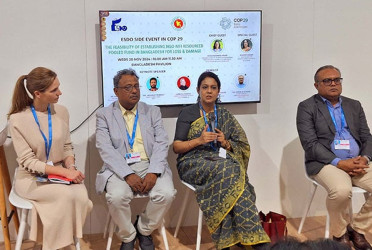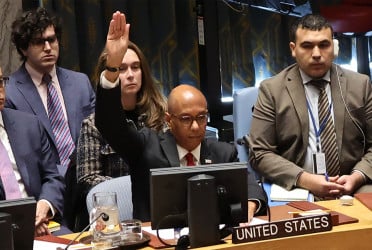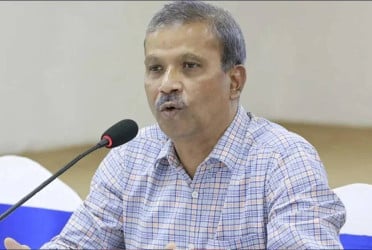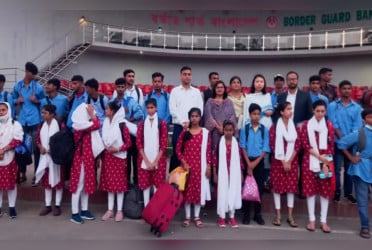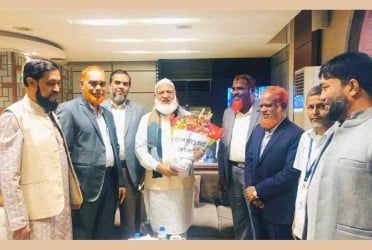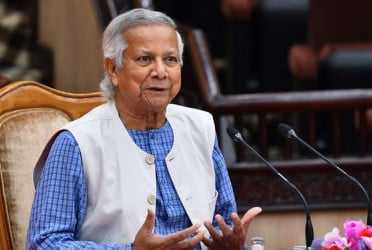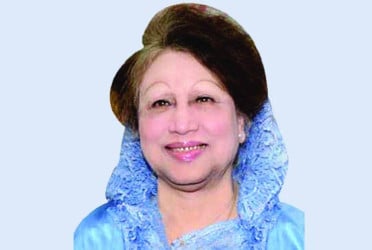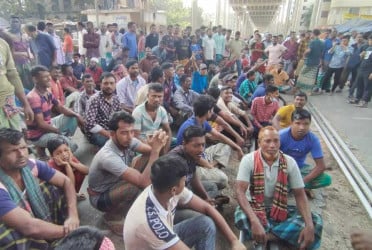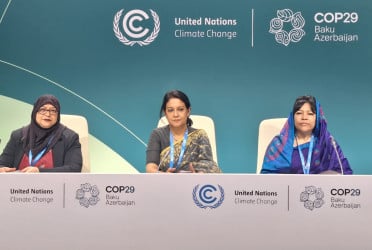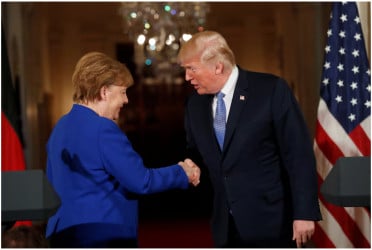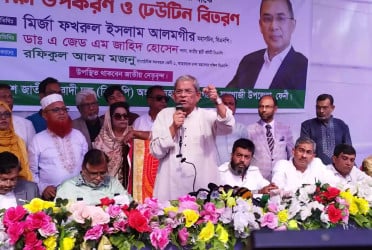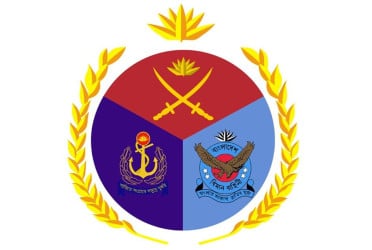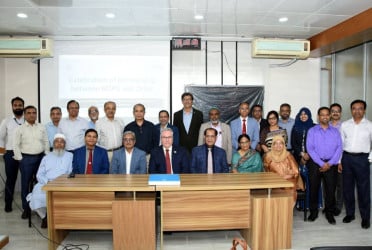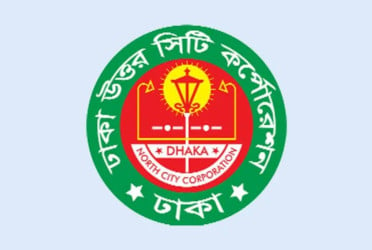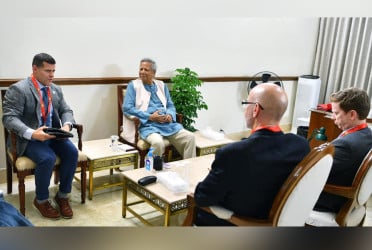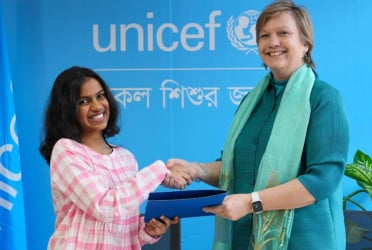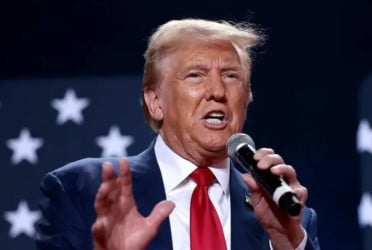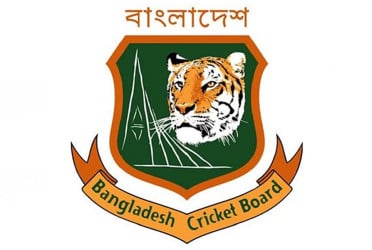The election commission (EC) is making new plan to advance voting process through electronic voting machines (EVMs). However, the EC is now going to purchase low-priced EVMs. The commission also discussed with the EVM-specialist over the design of EVMs that could ensure low production cost. For this, the commission led by Kazi Habibul Awal wants to form an expert committee prior to initiate the new project.
The current commission plans to hold dialogue with political parties and other stakeholders to finalize the design of the new EVMs in the light of committee's recommendations. Meanwhile, the government has agreed to extend the period of the old EVM-project by one more year without increasing the cost.
Monday was the last day of the EVM scheme. According to EC sources, it was decided to extend the period of EVM project in the commission meeting held on June 13. In this case, it has been decided to continue EVM activities for the time being with the remaining Tk 116 crore of the project cost without increasing the allocation.
Expiration of EVM scheme is extended by one year: EC Additional Secretary Ashok Kumar Debnath on Sunday said, “The last day of the validity of the ongoing EVM scheme was June 30. We have written to the Planning Commission to extend the duration of the project by one more year without increasing the cost, which is in process. It is hoped that the duration of this project will increase till June 30, 2025. The Ministry of Planning said that the process of extending the period is underway. Maybe the letter will be available in a day or two.”
When asked about the commission's meeting with EVM experts, he said, the commission sat with those who were involved in the EVM project from the very beginning, especially those involved in designing EVMs. The commission held meeting with them. Professor Dr. Muhammad Mahfuzul Islam, Professor Dr. Mohammad Kaykobad and Prof. Haider Ali was in the meeting.. The commission wants to sit with them and understand how the design of EVMs can be made more cost effective. But it was not a formal meeting.”
Asked whether the EC is thinking of moving towards cost-effective EVMs, he said, "If the commission is thinking, then it may happen. But the decision will be made after discussing with the stakeholders.”
Asked whether a new project is needed for this, he said it may be, but not at the moment. This is in the early stages. Asked whether the experts have proposed to make cost-effective EVMs, he said they have not. The EC held a meeting with them to seek their suggestions on how to make EVMs more cost effective.
He said, “There will be a formal meeting on EVMs. Technical committee meeting will be held. Later, if the issues are finalized, they will be discussed with the stakeholders. There can also be discussions with political parties. The commission will move forward taking everyone into consideration. However, there will be a small-scale expert committee for EVMs.”
Meanwhile, Chief Election Commissioner (CEC) Kazi Habibul Awal recently said, “EVMs will be very helpful in advancing democracy. We have to move towards technology. I used to believe that there many loopholes in the existing systems. But, we’ve been working on it for two long years. There is no such scope of manipulation in EVM technology.”
According to the authorities concerned, the government had earlier rejected the new EVM-project before the 12th parliamentary elections. These machines were not used in the 12th parliamentary elections due to not buying new EVMs due to financial crisis. However, the Kazi Habibul Awal Commission has continued to use EVMs in various by-elections including local government and upazila elections.
(The report was published on print and online versions of The Bangladesh Pratidin on July 1 and rewritten in English by Lutful Hoque Khan)

